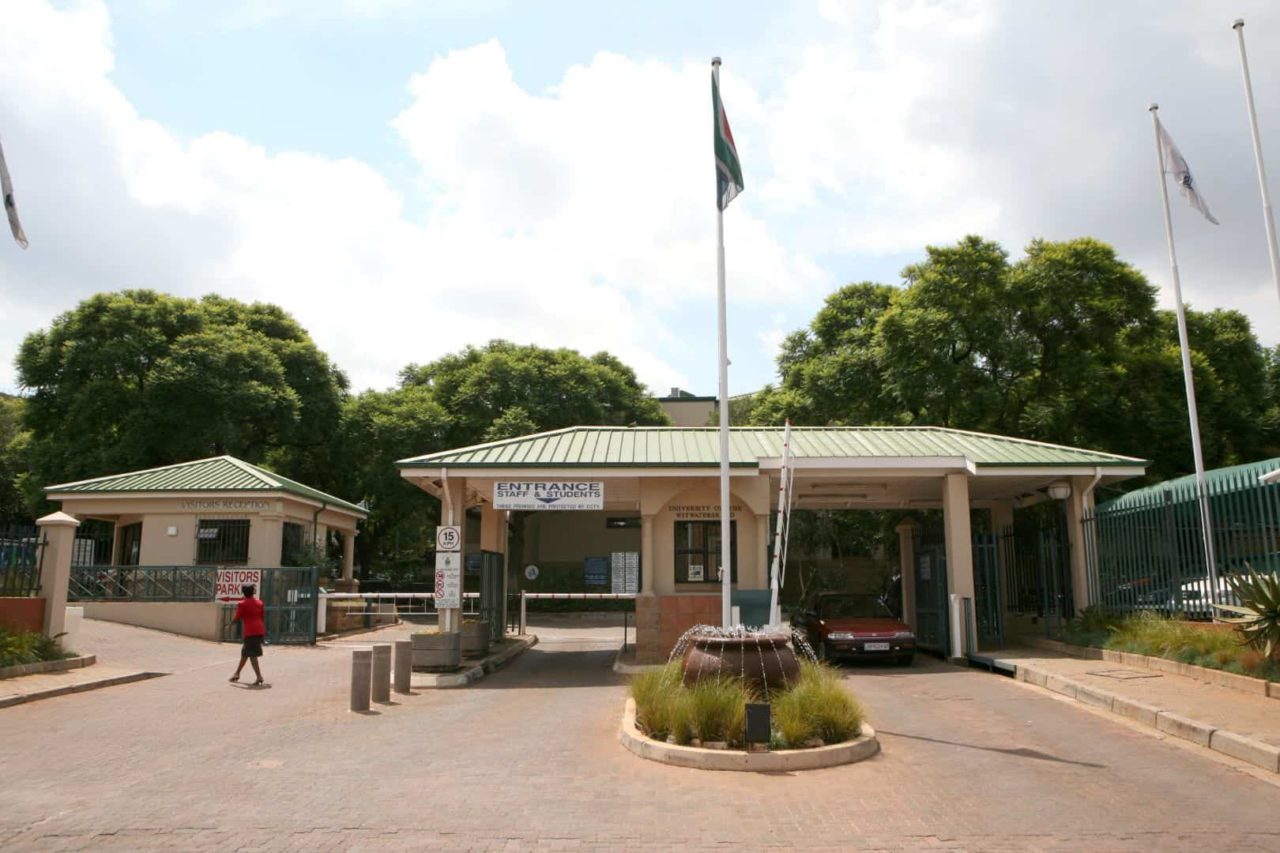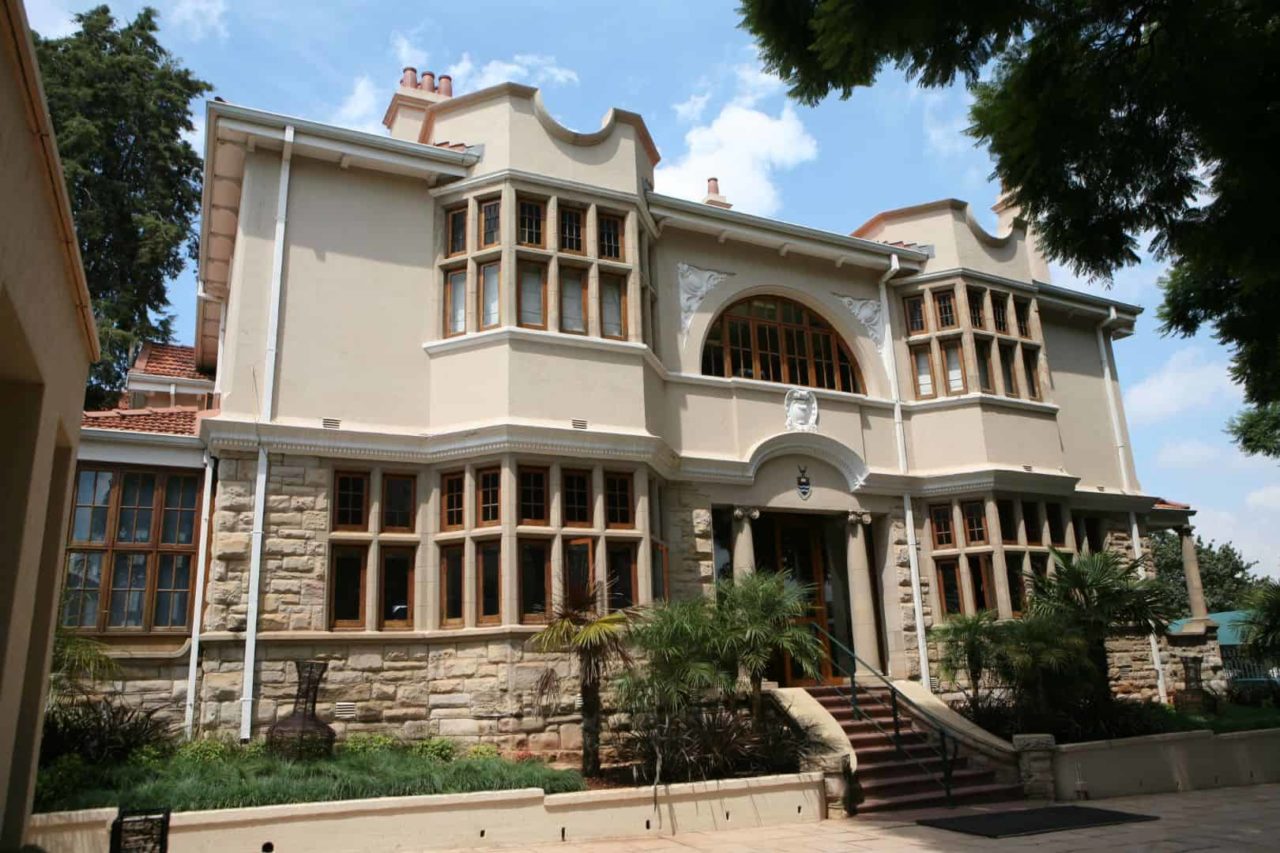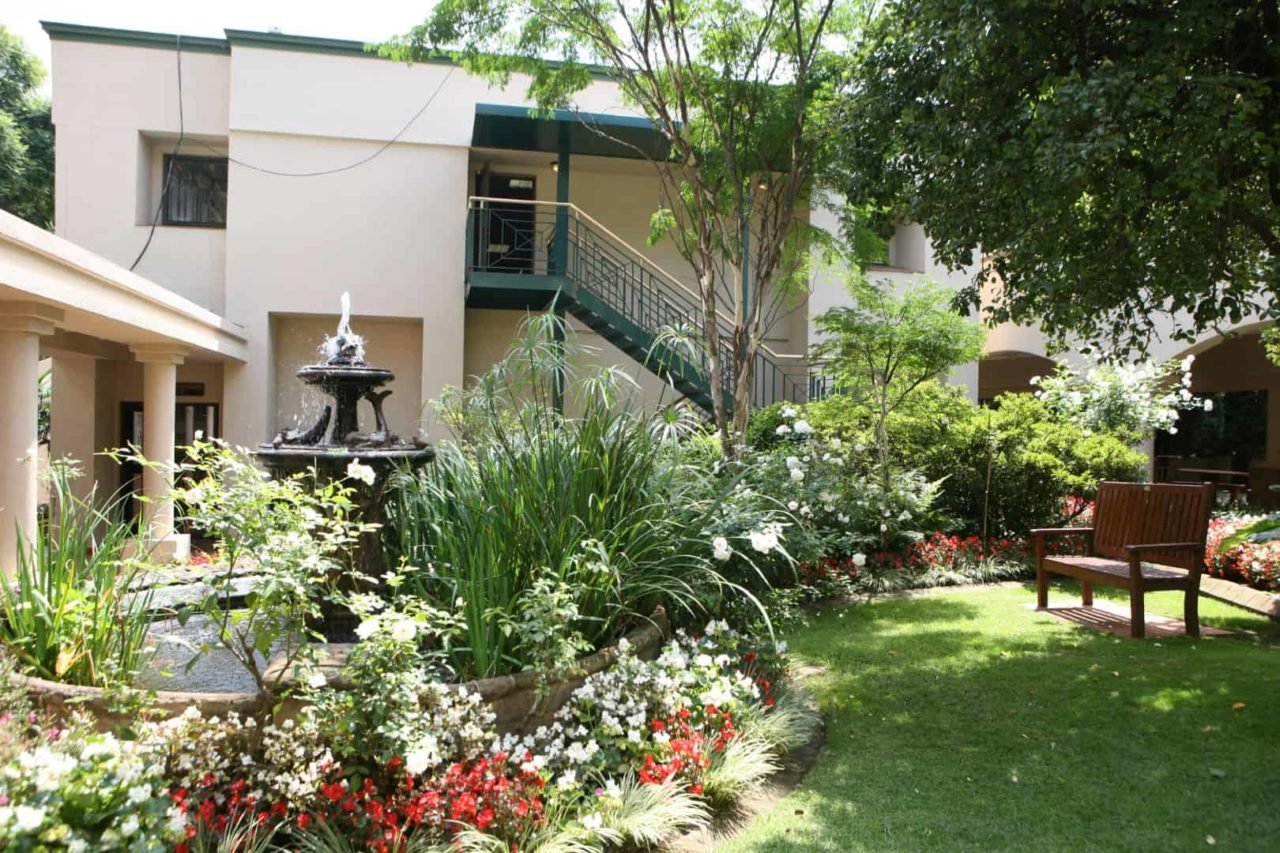Incoming Exchange Students
Table of Contents
Overview
Covid 19 has resulted in unprecedented changes to our daily lives and the way we do business. More than ever, as future leaders we need to be agile and adapt to the changing business landscape.
Our programmes at Wits Business School (WBS) ensures that you accelerate your career in this everchanging business environment. We keep pace with trends, and have updated our programmes to reflect a changing global environment – just what you need to equip yourself for the future and remain relevant!
Wits Business School is one of the leading business schools in Africa. It is the only business school in Africa which is a member of PIM (Partnership in International Management), an association of over 60 international business schools which promotes student and faculty exchange programmes.
Each year we have a number of students from business schools around the world attending our MBA and Master’s programmes for their electives.
Equally, a number of our own students choose to study at partner business schools overseas. The WBS is AMBA- accredited and a member of the African Association of Business Schools (AABS).
MBA Structure
There are three Programme formats:
1. Part-time (PT) Weekday or Saturday: Commences in January. Students attend evening lectures twice a week, or for a full day on Saturday. Classes commence in January. The official duration is 24 months.
2. MBA (PT) Long Block Release format: Classes commence in June. The programme is offered on a long block study format with each block being 10-12 days long. The official duration of the programme is 24 months.
WBS is situated in the historical precinct of Parktown, close to the commercial, cultural and financial hubs of Johannesburg.
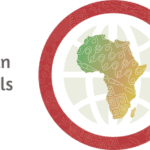

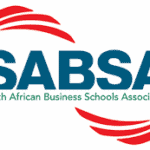
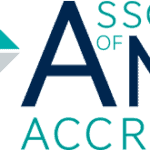
All courses comprise 22.5 contact hours, which includes face-to-face and virtual.
In addition, students are expected to spend two hours in preparation for every contact hour in the classroom, i.e. an additional 12.5 hours per week per course. Preparation time would typically include: general background reading; prescribed readings; case study preparation; completing individual assignments; syndicate (group) meetings, and assignments and studying for examination purposes.
WBS Study Tours
The tours cover three South African cities: Johannesburg, Durban, Cape Town and one African city.
WBS study tours in Africa offer unique, on-field learning, exposing exchange students to various companies, business models and etiquettes in the emerging market landscape.
The costs of the trip ($2 500) includes company and site visits, flights, bed and breakfast, cultural activities and themed dinners and lunches. These tours take place between 1 – 30 November 2022.
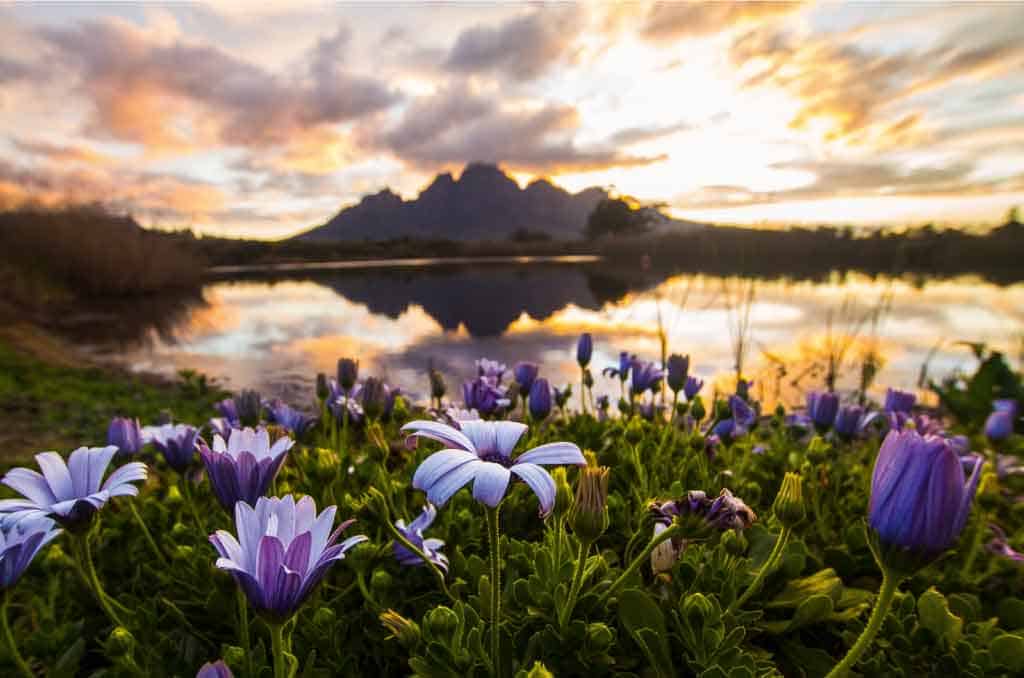

Graduates
WBS has graduated the most MBA’s out of any business school in Africa – 6800 and counting!
Case Study Centre
WBS has Africa’s largest Case Study Centre. The school is known as the 'case study' business school.
Alumni
Ranked 32 out of 17 000 universities internationally in the employment of alumni in top executive positions
Programme schedule
| ACTIVITY | DATES |
|---|---|
| First Teaching Block | 15 January – 25 March 2022 |
| Second Teaching Block | 08 April – 10 June 2022 |
| Third Teaching Block | 18 June – 26 August 2022 |
| Fourth Teaching Block | 03 September – 11 November 2022 |
Electives
| Electives | Quarter | BUSA Code |
|---|---|---|
| Storytelling | 2 | BUSA7437A |
| African Leadership | 2 | BUSA7420A |
| Organisational Culture in South Africa | 2 | BUSA7455A |
| Strategic Finance | 2 | BUSA7456A |
| Science, Technology and Innovation for Business Leaders | 2 | BUSA7434A |
| Asset Management and Portfolio Formation | 2 | BUSA7392A |
| Business Innovation as a Response to Global Sustainability Challenges | 2 | BUSA7423A |
| Development and Entrepreneurship Finance | 2 | BUSA7395A |
| International Finance and Globalization | 2 | BUSA7398A |
| Advanced Financial Statements Analysis | 2 | BUSA7391A |
| Development & Entrepreneurial Finance | 2 | BUSA7395A |
| Emerging Markets & Financial Market Development | 2 | BUSA7397A |
| Business in Africa | 3 | BUSA7422A |
| Management Consulting | 3 | BUSA7454A |
| Business Venture Start-Ups | 3 | BUSA7444A |
| Negotiating Deep-Rooted Conflict | 3 | BUSA7431A |
| Industry and Competitor Analysis | 3 | BUSA7446A |
| Strategic Finance | 3 | BUSA7456A |
| African Leadership | 3 | BUSA7420A |
| Storytelling | 3 | BUSA7437A |
| Organisational Culture in South Africa | 3 | BUSA7455A |
| Banking Operations & Financial Institutions Management | 3 | BUSA7393A |
| Asset Management & Portfolio Formation | 3 | BUSA7392A |
| Investment Banking & Primary Markets | 3 | BUSA7399A |
| Derivatives, Debt and Structured Contracts | 3 | BUSA7396A |
| Industry Foresight and Business Future Strategy | 4 | BUSA7429A |
| Mergers and Acquisitions | 4 | BUSA7448A |
| Behavioural Economics | 4 | BUSA7462A |
| Corporate Entrepreneurship | 4 | BUSA7445A |
| Growth, Development and Institutions | 4 | BUSA7428A |
| Managing Human Capital | 4 | BUSA7430A |
| Private Equity | 4 | |
| Global Marketing | 4 | |
| Strategic Brand Marketing | 4 | |
| Issues In Leadership | 4 | BUSA7460A |
| Financial Risk Management | 4 | BUSA7400A |
Public Holidays in South Africa
| Date | Name of holiday/holyday | University status |
|---|---|---|
| Saturday 1 January | New Year's Day | University closed |
| Monday 21 March | Human Rights Day | University closed |
| Sunday 3 April | 1st Ramadaan (Commencement of Fasting) * | |
| Friday 15 April | Good Friday | University closed |
| Saturday 16 April | Passover (Pesach) day 1** | |
| Sunday 17 April | Passover (Pesach) day 2** | |
| Monday 18 April | Family Day | University closed |
| Friday 22 April | Passover (Pesach) day 7** | |
| Saturday 23 April | Passover (Pesach) day 8** | |
| Wednesday 27 April | Freedom Day | University closed |
| Sunday 1 May | Workers’ Day | University closed |
| Monday 2 May | Public Holiday | University closed |
| Tuesday 3 May | Eid-ul-Fitr (Termination of Fasting) * | |
| Sunday 5 June | Shavuoth day 1** | |
| Monday 6 June | Shavuoth day 2** | |
| Thursday 16 June | Youth Day | University closed |
| Sunday 10 July | Eid-ul-Adha (Day of Sacrifice) * | |
| Tuesday 9 August | National Women's Day | University closed |
| Saturday 24 September | Heritage Day | University closed |
| Monday 26 September | Rosh Hashanah day 1** | |
| Tuesday 27 September | Rosh Hashanah day 2** | |
| Wednesday 5 October | Yom Kippur ** | |
| Monday 10 October | Sukkot (day 1) ** | University closed |
| Tuesday 11 October | Sukkot (day 2) ** | |
| Monday 17 October | Sh’mini Atzeret** | |
| Tuesday 18 October | Simchat Torah** | |
| Monday 24 October | (Deepavali / Luxmi Pooja (North & South) | |
| Friday 16 December | Day of Reconciliation | University closed |
| Sunday 25 December | Christmas Day | University closed |
| Monday 26 December | Day of Goodwill | University closed |
*Islamic Holy Day – commences the previous evening; exact date depends on the sighting of the new moon
**Jewish Holy Day – commences this day and continues to the following day
Please note:
No exam will be scheduled on a recognised University holiday/holyday.
Applications
Nomination Process
Exchange students are selected by their home institutions. Once WBS receives confirmation of their selection the student will be sent a WBS information pack. Registration for courses takes place on arrival at WBS.
Application Deadline
The deadline for applications is three months prior to the commencement of classes for each quarter. Students may enroll for any of the four quarters.
Online Electives
Most electives will be offered online (or hybrid) in 2022. If you intend on visiting Wits Business School in South Africa please notify the international office and consult the Study Permits and Visa information.
Graduates
Wits is home to four Nobel Prize winners
Wits was the first university that Mandela addressed after his release from prison
Study Permits/Visas
There are three Programme formats:
Exchange students are required to apply for a study permit/visa at the South African High Commission, Embassy, Consulate or Trade Mission in their country of residence or country of origin for stays of longer than 90 days. For stays less than 90 days exchange students are required to apply for a visitor’s permit.
In addition to financial and medical reports, students will need to submit a letter of acceptance to study at WBS and proof of accommodation. The latter two documents are sent to students by the Co-ordinator of International Programmes, Karen Trent. See contact section for details.
Visit www.dfa.gov.za/sa-abroad/salist.htm for information on your closest South African Consulate.
Health Insurance
It is compulsory for all international students to have full medical insurance cover from a South African medical insurer if their stay is longer than 90 days. Wits University has negotiated a favourable deal with a few medical insurance companies. Insurance is obtainable on arrival at the University. The Campus Health and Wellness Centre also offers comprehensive medical services.
Academic and Research Excellence
- The academic faculty members at WBS bring together years of corporate knowledge, research experience and extensive academic achievement from around the continent and world.
- WBS has a very strong research base; 95% of our academic staff have PhDs.
- New centres of excellence create research hubs around Digital Business, African Philanthropy and Social Investment and African Energy Leadership.
Learning expectations
Language of Instruction
All courses are taught in English.
Areas of Concentration
Finance, Information Management, Human Resources, International and Digital Business, Strategy and the Business Environment in Africa and Emerging Markets.
Class Format
Lectures, case studies, discussions, team projects and industry expert presentations, on-field learning and simulations. The high level of classroom participation, group work and interaction among students and faculty mean that exchange students must be proficient in English (speaking, reading and writing).
Class Attendance
All classes are mandatory.
Class Size
10 – 65 (smaller classes for Elective Courses).
Course Load
Three courses per quarter are recommended for students whose home language is not English. There is no prescribed minimum or maximum number of courses, however – students must satisfy the requirements of their home institution. The number of lecture hours per course is 22.5.
Grading
Grading is based on class participation, individual and team assignments (projects) and presentations, case analyses and a final examination written at the end of the quarter. A percentage grading system is used with the final course grade based on a five symbol scale (A – D, F). A conversion of grades table will be supplied with the student’s academic transcript.

Student Life
General Environment
WBS is situated approximately 1.5 km from the main Wits University campus in the leafy, historic Johannesburg suburb of Parktown. Facilities at the attractive WBS campus include modern lecture and syndicate rooms, auditoriums, computer labs, a cafeteria and one of the leading management libraries in South Africa. Students also enjoy access to the many facilities on the main university campus.
Accommodation
Secure accommodation is provided for exchange students at U House and The Wits Junction, the perfect atmosphere for international students to experience, to immerse themselves in South African culture and to make a few friends. Each self contained, furnished compact apartment has a bathroom, kitchenette, cooker and fridge and is also equipped with a telephone, Internet connectivity and heater.Parking is available and there is a 24-hour security service on campus. Housing is arranged through Karen Trent (see contact details).
Application deadline: 3 months before arrival.
Accommodation Costs:
1. U House
- On campus
- R5800 per person per month
- Shared accommodation
- Will increase by around 10% for 2022
2. Trematon House
- On campus
- Bachelor apartment
- R14 000 per month
- Will increase by around 10% for 2022
3. The Junction
- Off campus
- Bachelor pad
- R14 000 per month
- Will increase by around 10% for 2022
Cost Estimates (in US$ - approx.)
Food:
$250 per month
Car hire:
$550 per month
Books:
$70 – $100 per book
Health insurance:
$100 per month
MBA Africa Study Tour:
$2500
Materials:
Course materials are free of charge for exchange students
(as are E-mail and Internet access)
Miscellaneous:
Any additional costs
Sports Facilities
There are 2 tennis courts, a swimming pool and a squash court on the WBS campus. There are also numerous sports clubs, societies and recreational facilities within walking distance on the main Wits campus.
Exchange students pay on a pro-rata basis for club membership and the use of sports facilities. There are additional sports faculties at the Wits Education Campus, within walking distance of WBS.
General
International students are housed together and often socialise and travel or sight-see in groups. South Africans are hospitable, and fellow classmates frequently invite exchange students on outings over and above those organised by the class.
There are restaurants and banks in the vicinity of the WBS, and large shopping malls are situated in nearby suburbs. Public transport in South Africa is generally poor, but there are bus routes to the malls.
Uber provides a safe, quick alternative that is competitively priced.
For tips and information on living in South Africa, visit www.infoafrica.co.za.
Other Advice:
The Rand/Dollar and Rand/Euro exchange rates are very favourable for students coming to South Africa – therefore, accommodation, eating out, clothes, travelling and entertainment will cost less than in the US or Europe. The exception is the purchase of new or used cars, and exchange students often opt to hire a car (and share expenses) for the duration of their stay.
It is best to organise an international driver’s license applicable to South Africa in your home country. Please bear in mind that in South Africa we drive on the left-hand side of the road.
With regards to crime: as in any large city, students need to take ‘common-sense’ precautions for their personal safety.
Additional Benefits:
- WBS employs a ‘buddy system’ for all incoming exchange students, whereby a local student is ‘paired’ with an international student to ensure their stay here is stress free!
- International students will also be given the option to experience the real African bush, with a trip to a game reserve.
- Numerous other optional activities will also be planned, including cultural activities and a trip to Cape Town and surrounding wine farms.

About Johannesburg
Johannesburg – aka Jo’burg, eGoli or Jozi – is a rapidly changing city and the vibrant heart of South Africa. The city is one of the 50 largest metropolitan areas in the world and has a population of over 4.5 million.
Johannesburg was established in 1886 following the discovery of gold on what had been a farm along a ridge called the Witwatersrand (“ridge of white waters”). With gold mining at its historical heart, the city is now the commercial and financial hub of South Africa and the geographic ‘gateway’ to the rest of the continent.
With ‘vibey’ urban nodes, such as Sandton, Rosebank and Newtown, and great shopping and nightlife, Johannesburg is also known as the world’s biggest man-made forest, with more than 10 million trees populating its hilly suburbs.
Jozi is also known for its great climate. The summer months (October-April) are sunny and warm (an average maximum temperature of 25.6˚C) with frequent afternoon thunderstorms. Evenings are pleasantly cool. Winters are also sunny, but dry, and while the average maximum temperature is around 16˚C in June, temperatures can plummet overnight to around 1˚C.
Johannesburg is a treasure trove of cultural and historical tourist attractions, including:
- Maboneng Precinct
- Apartheid Museum
- Hector Pieterson Museum
- The SAB World of Beer
- Cradle of Humankind
- Constitution Hill
- Vilakazi Street in Soweto
- Newtown Cultural Precinct
- Rosebank Shopping District and Sandton City
- Emmarentia Dam
- Origins Centre
- Walter Sisulu Botanical Garden
- The Rosebank and Parkwood Gallery Precinct
- Wits Art Museum
- Neighbourhood Goods Market and Braamfontein
- Hop on Hop off City Tour Bus
- Township Bicycle Tours and City Walking Tours
- Sports Events
- Pilanesberg Game Reserve (2h30min outside of Joburg)
The courses, which I have taken so far, are very interesting. I perceive the teaching style more like a top down approach, and it induces critical thinking. From the first day, I felt very integrated, and the local students are very open to exchange students.
Overall, I can highly recommend WBS. Especially for students who are keen to gain knowledge in how to do business over a broad range of industries within a very different culture.

Contact Details
Dr Renee Horne
Karen Trent
Co-ordinator: International Programmes
School Contact Details
Websites:
Physical Address:
Wits Business School
2 St David’s Place
Parktown 2193 Johannesburg
